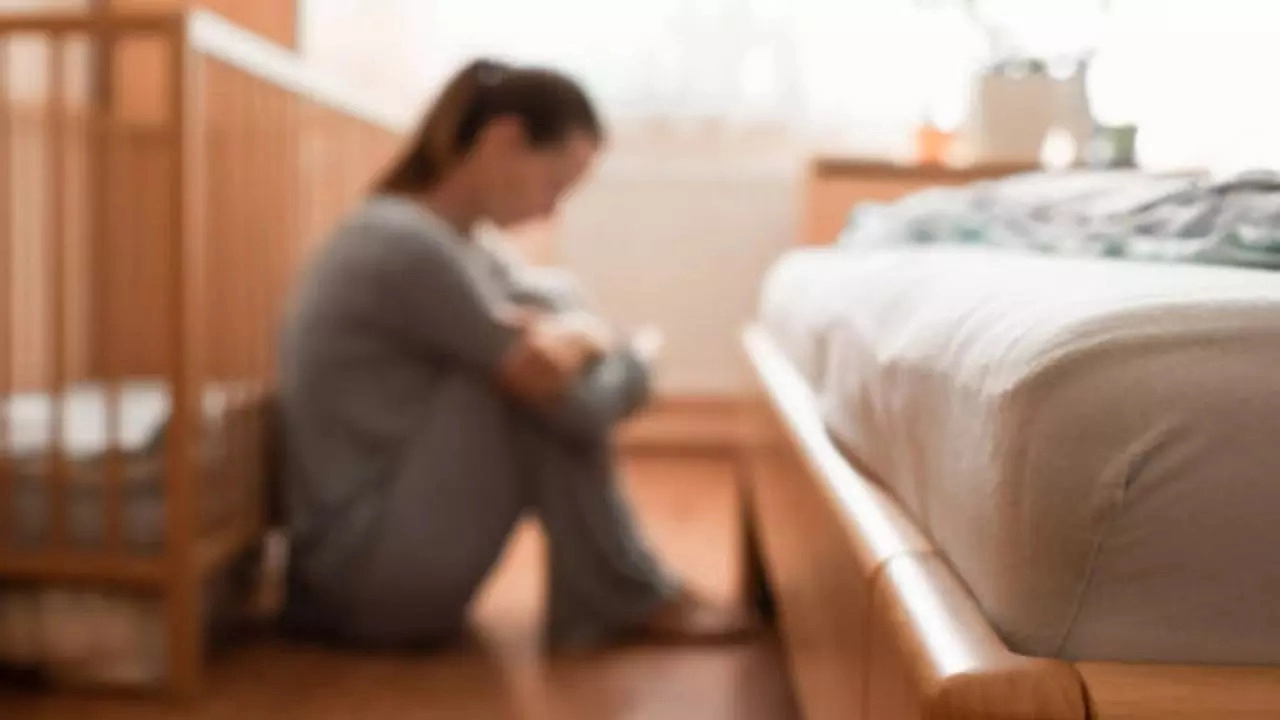
CDC says the stigma around the condition, which makes you believe to just happy about having a child when in reality you are not, makes it difficult for women to open up about their feelings
At least one in 8 new mothers is suffering from post-partum depression in the United States, a new study by the Centers for Disease Control and Prevention has said. According to the health body, a significant portion of women giving birth face this mental health challenge – which is a serious mental health condition that affects women during the first year after giving birth.
Women who undergo this condition usually have strong feelings of sadness, anxiety, worry, and extreme tiredness that last for a long time and make it hard to take care of themselves and the baby. According to experts, PPD often starts within one to three weeks of having a baby and needs proper treatment to get better.
CDC says three-quarters of American women go undiagnosed or untreated.
Why are more American women facing PPD?
According to the CDC, the stigma around the condition, which makes you believe to just happy about having a child when in reality you are not, makes it difficult for women to open up about their feelings.
Doctors say most insurance policies also do not come close to meeting the demand for mothers in need of mental help.
What causes postpartum depression?
Even though the exact reasons why postpartum depression happens are not known, doctors say a few factors that contribute to the development of this condition, include:
Hormonal changes
Due to the rapid drop in levels of estrogen and progesterone right after giving birth, postpartum depression can be triggered. There can also be a huge drop in thyroid hormone levels – causing symptoms of depression.
Physical changes
Giving birth brings many changes in a woman’s body, including the physical demands of childbirth.
Genetics
Women who have a family history of postpartum depression increase their risk of experiencing it.
Signs and symptoms of postpartum depression
Many women face this condition as its symptoms last weeks or months, a few of which include:
- Having crying spells
- Feeling overwhelmed
- Losing your appetite
- Having trouble sleeping or sleeping all the time
- Having sudden mood changes
- Changes in appetite or not eating
- Loss of energy and motivation
- Thoughts of suicide or wishing you were dead
- Lack of interest in your baby or feeling anxious around your baby
- Thoughts of hurting your baby or feeling like you don't want your baby?
How is PPD treated?
According to experts, PPD is treated differently depending on the type and severity of your symptoms – the options of which include anti-anxiety or antidepressant medicines, psychotherapy, and support group participation.
Treatment for postpartum psychosis may include medication to treat depression, anxiety, and psychosis. You may also be admitted to a treatment center for several days until you are stable.
Get Latest News Live on Times Now along with Breaking News and Top Headlines from Health and around the world.

